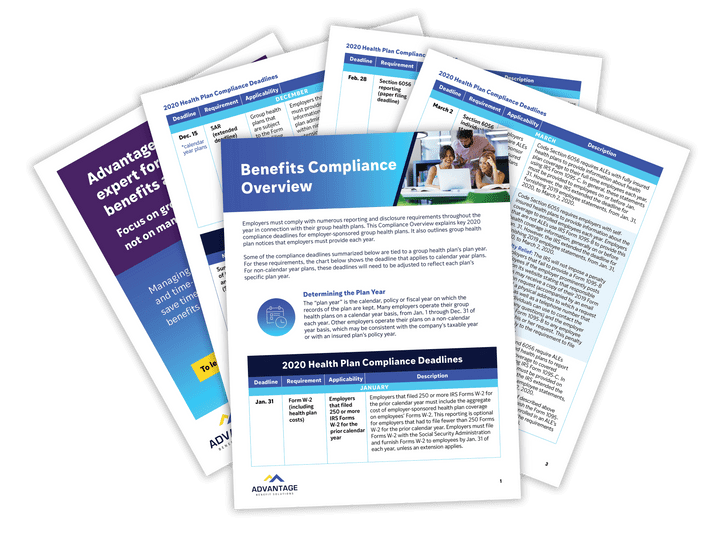How a CFO Can Assess the Health of Their Business’ HR Strategy
During a time when many businesses are struggling to deal with the economic impact of the COVID-19 pandemic, Chief Financial Officers (CFOs) are wisely doing all they can to care for the financial health of their organizations. One realm of financial health that should not be neglected is the health of the Human Resources strategy.
In this post, we’ll provide guidance for CFOs on how to approach HR strategy from a financial perspective so that HR can be a cost-effective, high-functioning department.
Specifically, we’ll talk about how a CFO can:
- Positively Influence the Financial Aspects of Recruiting, Hiring, and Retaining
- Manage the Costs of HR Technology and Data
- Ensure Compensation Strategies are Effective
- Play a Key Role in General HR Strategy and Positively Impact Associated Costs
Positively Influencing the Financial Aspects of Recruiting, Hiring, and Retaining
Recruiting and retaining talent to join your organization has associated costs. It’s up to the CFO to work with HR leadership to determine which recruitment and retention strategies will have the best return on investment. The following strategies, with their associated costs and benefits, should be considered:
- Which online job boards should open positions be posted to? Not only should the fees for posting jobs be considered, but also the anticipated number of applicants and anticipated time commitment for existing employees to monitor the posts. While many job boards offer free postings, you’ll want to consider if it’s worth paying a little extra to “boost” the posts. Everything in this bullet point also applies to posting the open positions on social media platforms to increase exposure and widen the talent pool.
- To what level should resources be invested into new employee onboarding? Onboarding can be as simple as delivering an employee manual or as complex as requiring a multi-day training. Depending on the exact needs of your business, work with HR to determine which level of onboarding will lead to the correct balance between a positive experience for new employees and an efficient use of resources.
- Any savvy business owner knows that with few exceptions, it’s always more cost effective to retain an existing high-performing employee than it is to hire and train a new employee. If your company is struggling with excessive turnover, work with HR to determine where additional resources can be allocated to encourage employees to stay with your company.
Managing the Costs of HR Technology and Data
Maintaining your employee data can be very costly, especially if you are a large organization that must use expensive HRIS software. Obviously, this aspect of HR cannot be overlooked as the security of employee data should be paramount.
When it comes to assessing HR technology strategy, the CFO should first analyze what technology is currently in place. HR leadership should be consulted to find out in what areas the technology could be improved. What technological tools would help them reduce costs and lead to better human-capital management? Find out what databases and dashboards are being used, and determine what the costs are for advanced customization.
The final thing we’ll discuss about HR Technology and Data are KPIs – Key Performance Indicators. Make sure that the KPIs your HR department is tracking are usable in such a way that you can put accurate dollar amounts on them. For example, if your HR department has a KPI of, “Employee Retention Rate,” be sure you can quantify the costs of either increasing or decreasing that rate and the impact of that metric on the organization’s bottom line.
Ensuring Compensation Strategies are Effective
Compensation is often the largest cost for employers, so naturally the CFO should be involved in determining appropriate compensation strategies. This entails more than just hourly wages or annual salary. The following forms of compensation should be analyzed regularly by the CFO to determine what changes might be necessary:
- Employee wages/salaries
- Guidelines for giving raises
- Bonuses
- Training stipends/programs
- Employee benefits
- Perks and other incentives like relocation allowances, transit passes, work from home opportunities, etc.
Playing a Key Role in General HR Strategy and Positively Impacting Associated Costs
There are many aspects of HR that we have not yet discussed in this post. In this final section, we’ll briefly discuss a few other areas of HR strategy in which CFOs should play a key role in minimizing costs and maximizing benefits:
- Employee Handbooks: Handbooks are an important part of any HR strategy. Handbooks are a common way to officially provide company policies to new and existing employees. The complexity of handbooks can vary greatly. Work with your HR department to ensure your company’s handbook is up to date and doesn’t have any policy gaps.
- Company Culture: Culture can make or break the success of an organization. If management feels that the company culture is struggling, be prepared to invest resources into eliminating toxic corporate culture and building a healthy culture over time.
- HR Compliance: The last thing your company needs during these challenging economic times is to face an expensive lawsuit from an employee or government agency. Work with your legal team to determine what steps can be taken to mitigate the risk of lawsuits or fines.
- Employee Satisfaction: This is a valuable metric to track over time. Determine what the costs are of regular employee satisfaction surveys or other forms of feedback. Nowadays, there are many economical solutions on the market to benchmark and track employee satisfaction over time. Determining how your employees truly feel about working for your organization can have a very high return on investment if done correctly.
Conclusion
A CFO should be aligned on all aspects of the HR strategy and how it impacts the company’s financials. Nearly every action that your HR department makes has associated costs and benefits. As a CFO, you should meet regularly with HR leadership to ensure that the financial implications of HR decisions are quantified and tracked. Specifically, make sure you are regularly involved with:
- Positively Influencing the Financial Aspects of Recruiting, Hiring, and Retaining Employees
- Managing the Costs of HR Technology and Data
- Ensuring Compensation Strategies are Effective
- Playing a Key Role in General HR Strategy and Positively Impacting Associated Costs






